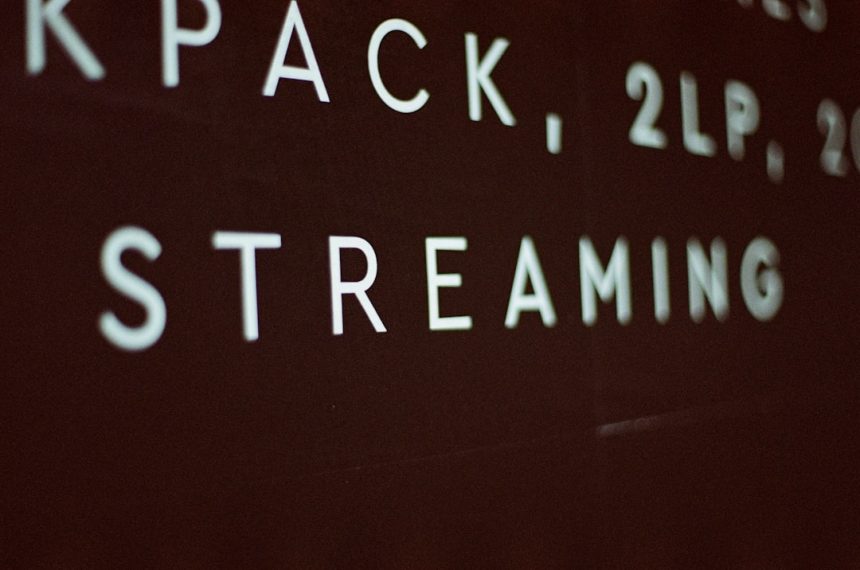Virtual Private Networks, or VPNs, are widely used across the United States for everything from securing public Wi-Fi connections to maintaining privacy while browsing the internet. With the increased focus on data protection and digital privacy, it’s essential to understand the legal landscape surrounding their use in the U.S.
So, are VPNs legal in the United States? The short answer is: yes. However, just because using a VPN is legal doesn’t mean all activities conducted through it are equally permissible. Let’s take a closer look at the legal nuances.
Legality of VPNs in the United States
In the U.S., it is perfectly legal to use a VPN. Many corporations rely on them to secure remote work environments, and individual users turn to VPNs for privacy protection. Unlike some countries where VPN use is restricted or banned, the United States embraces the technology as a tool for freedom and cybersecurity.
The key point to understand is that while VPN usage itself is legal, the activities you perform while connected to a VPN are still subject to law.
What Activities Are Illegal Even with a VPN?
Using a VPN doesn’t give users a legal loophole to conduct unlawful activities. Whether you’re online with or without a VPN, U.S. law enforcement can still investigate and prosecute illegal behavior. Here are a few things that remain illegal, even when masked through a VPN:
- Distributing copyrighted material without authorization – This includes torrenting movies, TV shows, or software illegally.
- Accessing or distributing illicit content – This includes content such as child pornography or anything that violates U.S. federal laws.
- Cybercrime – Hacking, phishing, identity theft, and other forms of cyberattacks remain criminal offenses, whether or not a VPN is used.
- Fraudulent activity – Using a VPN to commit fraud, launder money, or perform scams is still prosecutable.
[ai-img]cybersecurity, vpn, privacy, usa[/ai-img]
Can the Government Monitor VPN Activity?
This is a common concern, especially among those prioritizing online privacy. Although VPNs are designed to encrypt and anonymize your internet activity, your service provider may still keep logs depending on its privacy policy and jurisdiction.
Some VPN services are based in countries with strict data retention laws or participate in international surveillance alliances such as Five Eyes (which includes the U.S., UK, Canada, Australia, and New Zealand). U.S.-based VPN providers can be compelled by law enforcement agencies to turn over relevant data if required by a court order.
However, many reputable VPNs follow a “no-log” policy, meaning they don’t store identifying data related to your sessions. For the most privacy-conscious users, choosing a provider from a jurisdiction outside of surveillance alliances can offer added peace of mind.
Content Access Restrictions
Using a VPN to bypass geo-blocks—accessing content not available in your region—exists in a legal gray area. Although not usually criminal, it can violate the terms of service of companies like Netflix, Hulu, or Amazon Prime Video.
These companies are well aware of VPN use, and they often identify and block IP addresses associated with VPN servers. While you’re unlikely to face legal prosecution, your account may be suspended for a terms-of-service breach.
When Might Using a VPN Get You in Trouble?
Generally, you won’t get into trouble simply for using a VPN in the U.S. The red flags go up when VPNs are used in conjunction with suspicious or unlawful behavior. Situations where red flags may arise include:
- Using a VPN to mask illegal firearm purchases or drug transactions online
- Disguising one’s location for fraudulent financial transactions
- Engaging in massive digital piracy operations
[ai-img]laptop, vpn warning, law enforcement, digital privacy[/ai-img]
In Conclusion
VPNs are powerful tools for securing your internet activity and keeping your online identity private. Using a VPN in the U.S. is absolutely legal, but it’s crucial to remain within the boundaries of the law.
To ensure you’re using a VPN responsibly and legally:
- Choose a reputable provider with a solid privacy policy
- Familiarize yourself with terms of service for media platforms
- Avoid using the VPN for activities you wouldn’t do without one
Ultimately, VPNs are not a license to break the law but a shield to protect your digital privacy. Use one wisely, and you’ll enjoy a safer, more secure online experience.











